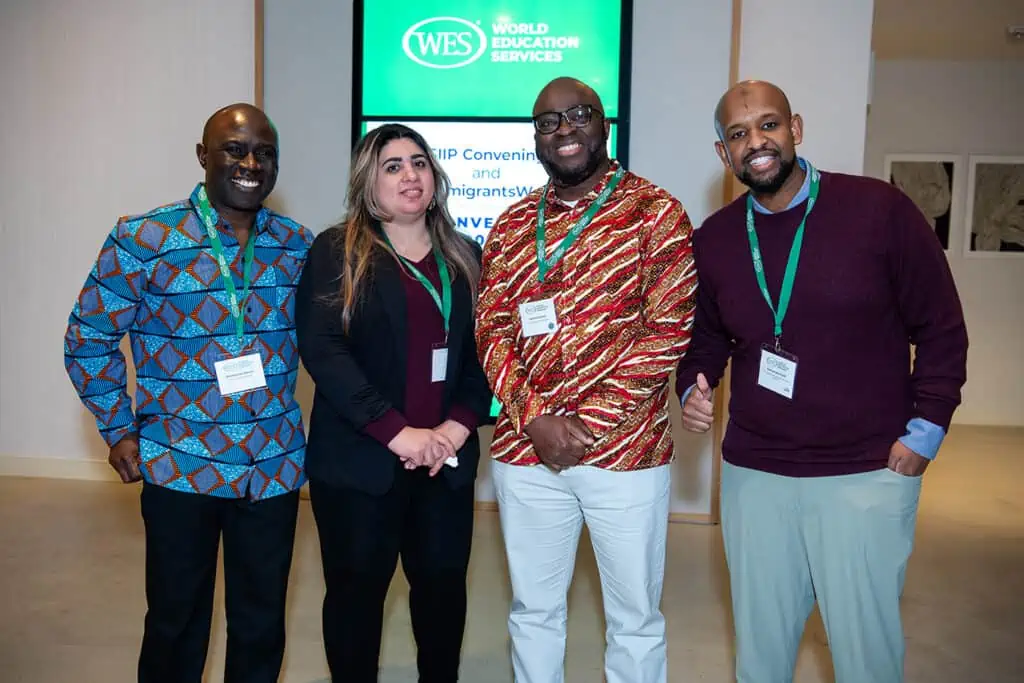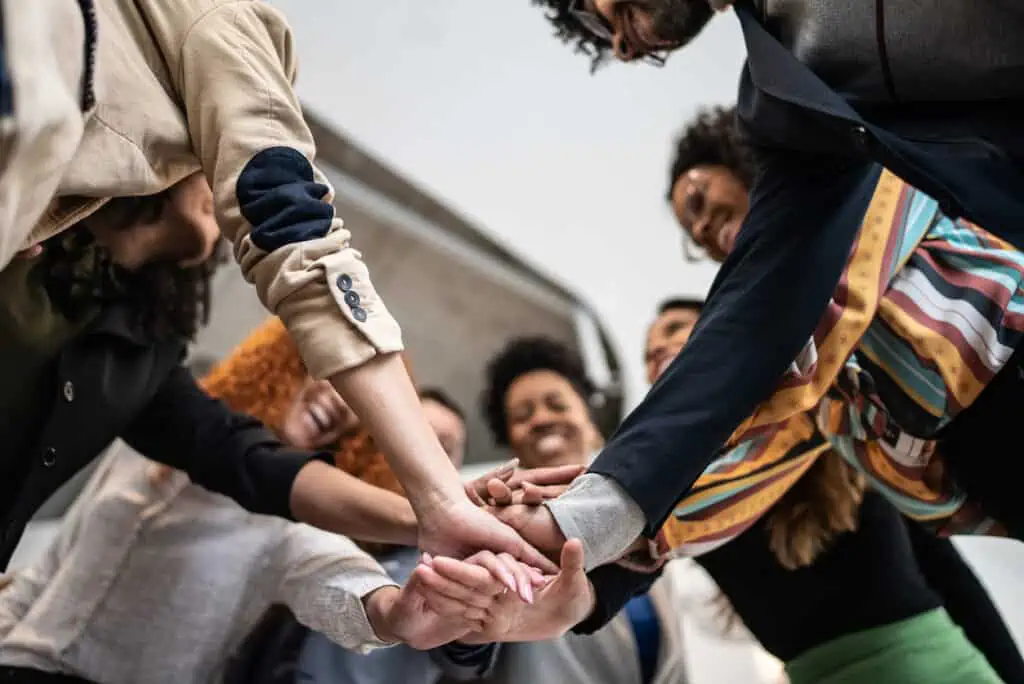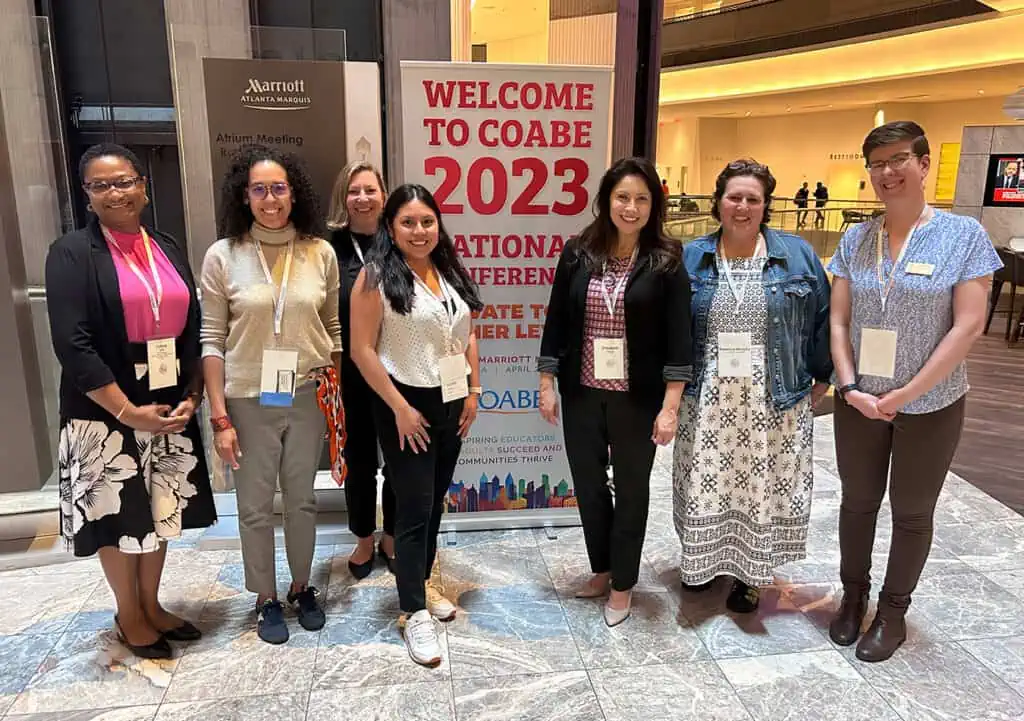Addressing the Career Preparation Needs of Survivors of Torture
The Career Development Program (CDP) of the Boston Center for Refugee Health and Human Rights’ (BCRHHR) is designed to assist clients who face the challenge of having to build a new life and career in the U.S. while also trying to heal from the immense psychological and emotional trauma of being survivors of torture. This small, but intensively individualized program, is impressively successful—especially given the unique needs of its clientele.
One of CDP’s proudest success stories is Edouard, a client who worked with the program for 10 months, starting with the Job Readiness Program and then engaged in individualized coaching sessions. CDP manager Linda Zimmerman helped Edouard develop his resume, prepare for interviews, and ultimately identify an unpaid internship that could provide the networking opportunities and industry upskilling that would prepare him to be a more competitive candidate in his field.
Upon completion of the three-month internship, Edouard had so impressed his organization that he was encouraged to apply internally for a professional position. With CDP’s support, he applied to several job openings, and was soon offered an environmental analyst position with full benefits.
Zimmerman attributes the program’s success to the fact that it is “holistic, trauma-informed, and synergistic with medical, mental health, and social services provided at BCRHHR and Boston Medical Center,” the hospital in whose psychiatric department the program is located.
Boston Medical Center’s status as the largest safety net hospital in New England, where patients are treated regardless of ability to pay, makes it an ideal access point for CDP to identify and reach out to their target population of survivors of torture; and BCRHHR is staffed with mental health professionals specifically trained to meet their needs, including clinical social workers, psychologists, and the Center’s psychiatrist, co-founder and director, Linda Piwowarczyk, MD, MPH.
About 450 clients pass through BCRHHR each year and, due to the limits of grant funding, only 25 percent of them receive individualized career services. Ninety-two percent of CDP’s clients are asylum seekers, which creates a unique set of legal barriers and needs. A team of social workers and case managers refer clients for legal assistance. Also, Zimmerman organizes career services to align with key drivers of the asylum process. Asylum seekers cannot seek employment until they have received a work permit—which can take anywhere from seven to 18 months, but CDP works with clients for as long as it takes them to achieve first employment in the U.S.
Helping to Surmount the Extra Hurdles
Because of the nature of trauma and its impact on trust and connection in relationships, some clients may be wary of accepting help when it is offered. As Zimmerman points out, survivors of torture often need more social and emotional support than other immigrants—a need compounded by the fact that almost all have come to the U.S. without their families.
Building a strong personal rapport between staff and clients is essential to their success. As a result of many psychological hurdles and social isolation, as well as logistical issues, like housing and transportation, only seven percent of the total population are able to commit to the group Job Readiness Program, CDP’s on-site pre-employment training.
The eight-week Job Readiness Program, offered twice a year, incorporates individualized study through virtual training tools provided by Jobversity, an Upwardly Global initiative, in combination with on-site enrichment activities. Zimmerman has found that CDP’s clients are more likely to complete the virtual training program when the content is framed within a cohort model of like-minded learners.
The program focuses on core job search skills such as resume development, self-marketing, networking, and interviewing, as well as orientation to U.S. work culture, the regional labor market, and bright outlook occupations. Once clients obtain their work permits, CDP’s focus shifts to individualized career coaching and advising to help them identify their career and employment goals in consideration of their interests, skills and values.
One significant challenge in working with asylum seekers is that they come to the U.S. without the support mechanisms inherent in refugee resettlement. Transportation is one such obstacle, and BCRHHR provides some financial support to cover the cost for clients to attend trainings and appointments. Other barriers clients may face include limited digital literacy, lack of familiarity with nuances of oral or written American English, cultural differences, and lack of knowledge on how to conduct a successful job search in the U.S.—particularly as it relates to transferability of skills.
On the organizational side, the Boston Center for Refugee Health and Human Rights is slowly migrating to become part of a comprehensive network of care at Boston Medical Center to be known as the BMC Immigrant Health Center (IHC). The BMC Immigrant Health Center will serve the health of all immigrant patients, without exception. It will provide specialized wraparound services including primary care, behavioral health, medical specialty care, social services, and career development programs tailored to the needs of immigrant patients.
CDP’s success is evident in stories like Edouard’s. CDP’s door always remains open to Edouard and his fellow alumni for follow-up career services—and many alumni do come back to BCRHHR and CDP for support and resources when they are ready to pursue promotional opportunities at their jobs, shift career direction, research benefits of an advanced degree, or start a business.
Providing a welcoming and non-judgmental source of support is crucial to the success of this client population. For asylum seekers in the greater Boston area, BCRHHR is a lifeline, and CDP is a promise that a life and a career can be built again.
Questions? Comments? Tell us what you think here.
Click here for more from WES Global Talent Bridge.





